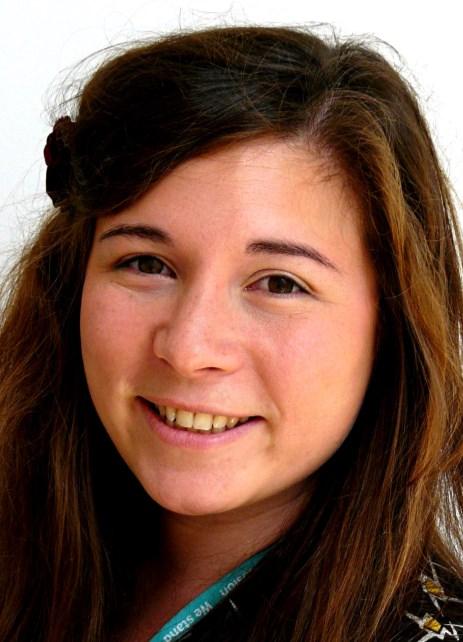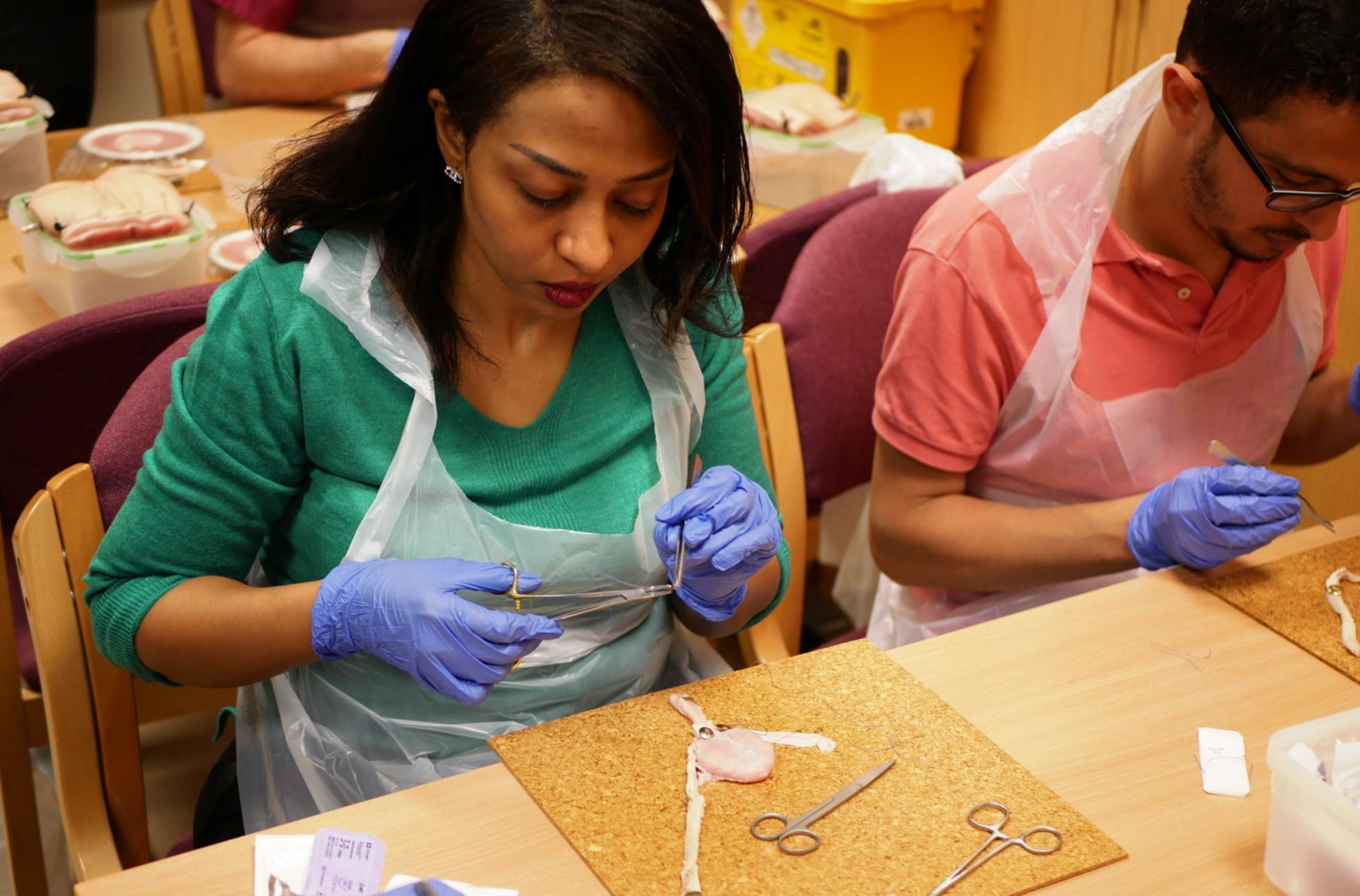
3 minute read
Urology
The Urology Department provides care to a population of about 465,000 in Brighton, Hove and the Mid Sussex areas and offers a comprehensive range of urological services. All inpatient surgery and emergencies are managed at the Princes Royal Hospital (PRH), where the department is based. Outpatient clinics are run at the Royal Sussex County Hospital (RSCH) in Brighton, as well as at the PRH in Hayward’s Heath and at the Lewes Victoria Hospital in Lewes.
A team of urology specialist nurses provide Trial Without Catheter (TWOC) services, urodynamics and intravesical bladder therapy. The enthusiastic nursing team also provides an on-site lithotripsy service, the only such service in
Advertisement
WHAT OUR TRAINEES SAY Miss Katie Chan
I was thrilled to get my ST3 training job at Brighton and Sussex University Hospital NHS Trust. Not only is Brighton a thriving hub of a city it also is a great training hospital and I am very lucky to have started on my urology career here.
I do 3-4 operating lists a week covering a variety of different types of urology surgery as well as 2 outpatient clinics and regular urology emergency on calls. It has been a delight to work alongside the rest of the team who are really enthusiastic in both continuing my own education and training but also achieving the highest level of care for our patients. Sussex. The Urology Department is also the tertiary referral centre for renal surgery, providing a variety of surgical approaches for benign and malignant disease. The unit sees a wide range of endourology and offers laser prostate surgery in addition to other endourology operations and urological reconstruction surgery. Its strengths include upper tract laparoscopy, stones and reconstruction.

Staff in our department is extremely approachable and I am fortunate to have excellent teachers who help me further develop my surgical skills, as well as leadership and communication skills on the road to becoming a consultant.
The enthusiastic team has helped me to produce high quality audit and research projects during my time here and I have presented regionally and internationally as a result of this work.
I work alongside 2 other training registrars who have chosen to specialise in stone disease and urological oncology to complement their training therefore the urology training jobs can be flexible to suit the training needs of the individual.
I have very much enjoyed my time at Brighton and I think it has given me a fantastic start to my Urology career.
UROLOGY
Pelvic cancer cases are taken to Eastbourne to the regional robotic service. The new 3D laparoscopic equipment puts the trust’s nephrectomy surgery at the forefront of surgical technology. The unit offers regular, nurse lead lower urinary tract symptom clinics, virtual stone clinics and oversees care in a dedicated urology ward. The medical team comprises six consultants, six registrars, two core training doctors and three foundation doctors alongside our nursing colleagues.
Teaching
Trainees are expected to partake in and contribute towards the daily consultant led ward rounds. The regular theatre sessions are consultant led and offer excellent learning opportunities. The department organises regular governance and multidisciplinary meetings.

Research
The department has a strong track record of research and trainees have the opportunity to participate in traditional ‘lab based’ projects, educational research or clinical research. For example, the last project conducted in cooperation with the University of Sussex investigated biomarkers of response to BCG in non-muscle invasive bladder cancer. Urology surgeons were also involved in a Smart-glasses trial, carrying out simulated data entry of cystoscopy findings, which are used to further investigate suspected bladder cancer. The urology department also has a research fund to support its projects. As well as research the department has strong audit and teaching credentials and there are excellent opportunities to get involved with projects and education / training.










